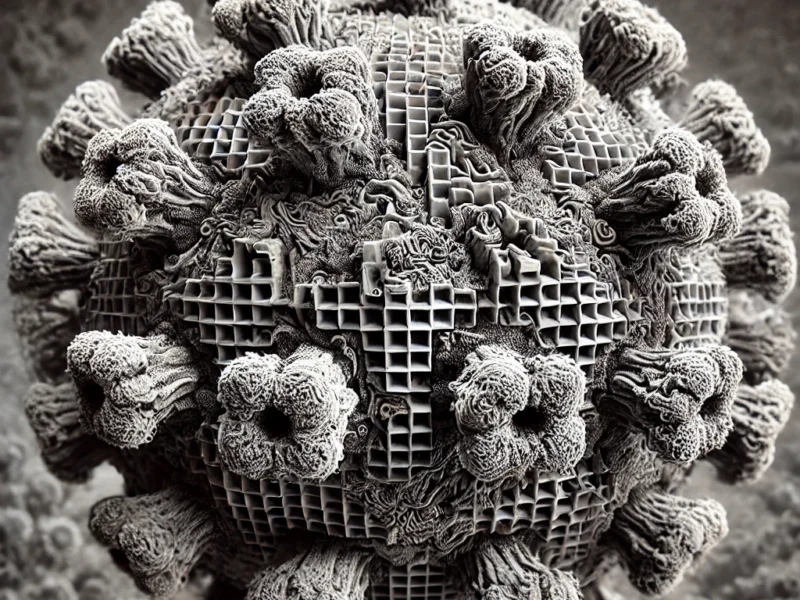
Recent scientific research has unveiled a surprising potential ally in the fight against bowel cancer: the Salmonella bacterium, traditionally known for causing food poisoning. Studies suggest that, when appropriately modified, Salmonella could play a pivotal role in developing innovative cancer therapies.
Understanding Salmonella’s Role in Cancer Treatment
Salmonella is a genus of bacteria commonly associated with gastrointestinal illnesses. However, its unique ability to target and infiltrate tumor cells has piqued the interest of researchers exploring bacterial therapies for cancer. The concept involves engineering Salmonella strains to selectively attack cancerous tissues while sparing healthy cells.
Recent Breakthroughs in Bowel Cancer Research
A study published in EMBO Molecular Medicine on November 19, 2024, highlighted significant advancements in this area. Researchers from the University of Glasgow and the University of Birmingham discovered that while Salmonella can suppress tumor cell growth, it also inadvertently depletes asparagine—an amino acid crucial for T cell function. This depletion hampers the immune system’s ability to combat cancer effectively. By genetically modifying Salmonella to prevent asparagine depletion, scientists aim to enhance the bacterium’s cancer-fighting capabilities without compromising immune function.
Mechanisms Behind Salmonella’s Anti-Cancer Properties
Salmonella’s potential in cancer therapy is attributed to several mechanisms:
- Tumor Targeting: Salmonella preferentially accumulates in tumor tissues due to the unique microenvironment of tumors, which often includes low oxygen levels and specific nutrients that the bacteria thrive on. Wikipedia
- Immune System Activation: The presence of Salmonella within tumors can stimulate the body’s immune response, leading to the activation of immune cells that attack cancer cells. Wikipedia
- Direct Tumor Cell Destruction: Certain strains of Salmonella can induce apoptosis (programmed cell death) in cancer cells, contributing to tumor reduction. Wikipedia
Future Implications and Ongoing Research
While these findings are promising, it’s important to note that research is still in the experimental stages. Clinical trials are necessary to determine the safety and efficacy of Salmonella-based therapies in humans. Nonetheless, this innovative approach represents a significant step forward in the quest for more effective and targeted cancer treatments.
In conclusion, the reengineering of Salmonella bacteria offers a novel and hopeful avenue for bowel cancer therapy. As research progresses, this strategy could potentially complement existing treatments, leading to improved outcomes for patients battling this challenging disease.

